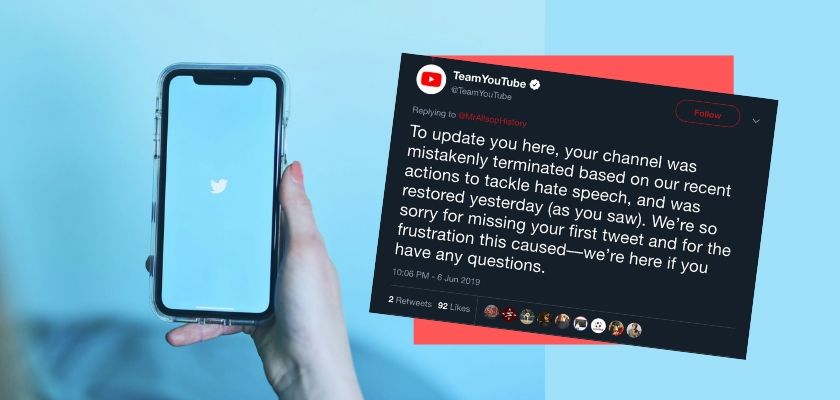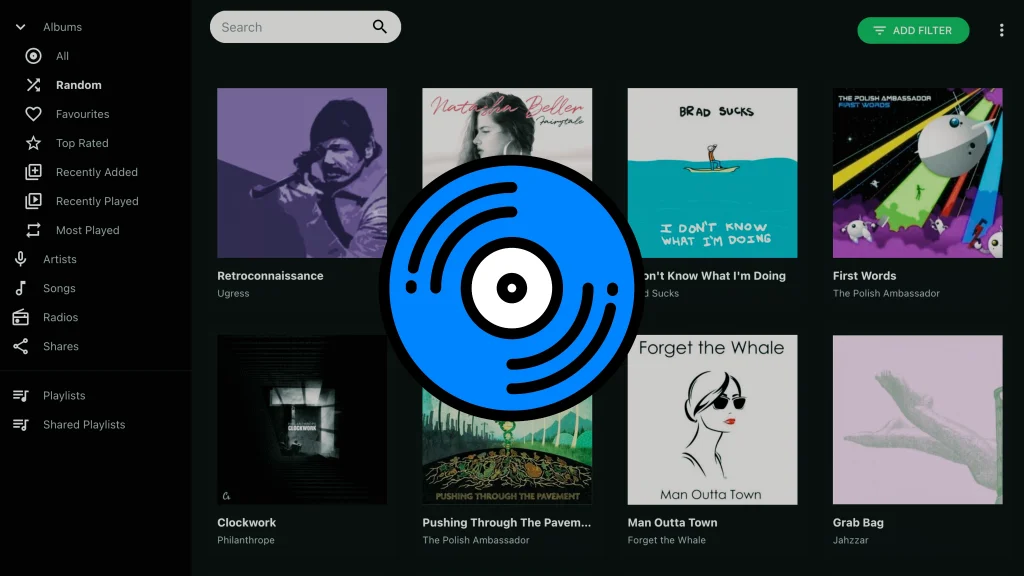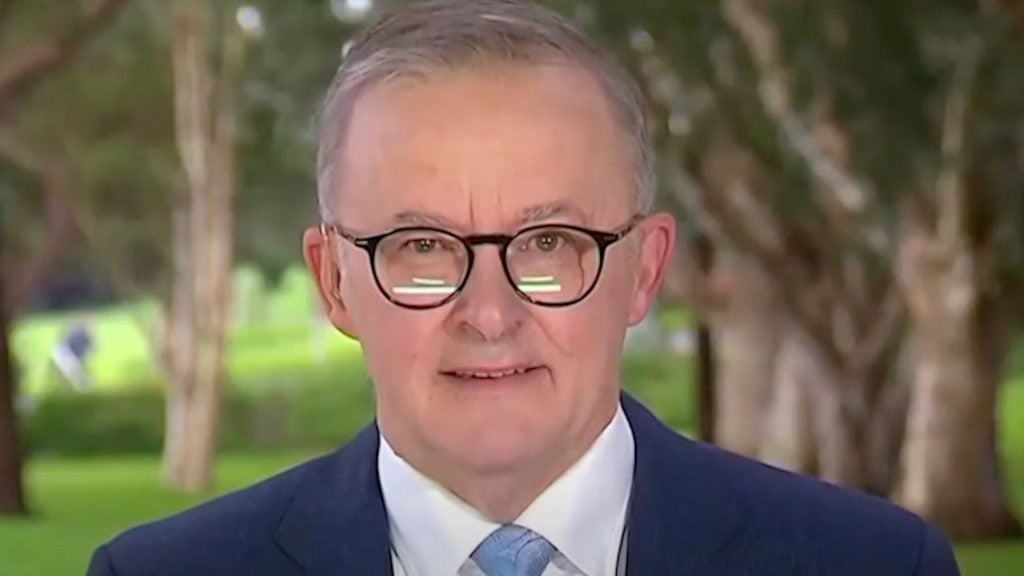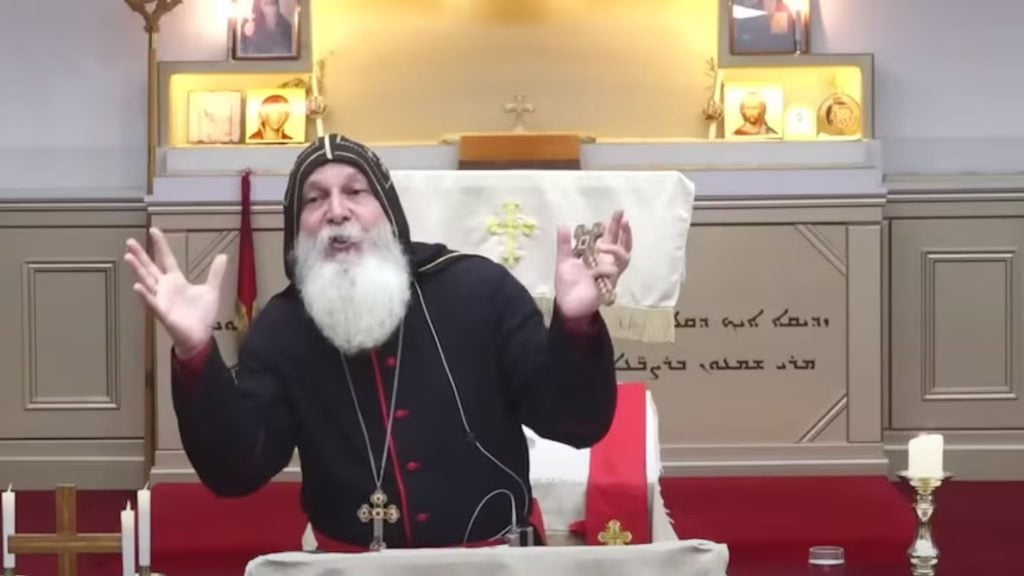Although Google is one of the world’s largest corporations, and not just in the tech industry, it still treats customers as if it were a fledgling startup running out of a garage – that is, very poorly.
But at least, one might argue – startups who provide bad customer service show an interest, make an effort, and eventually get better.
Not Google. After all these years and billions upon billions in both revenues and users, it is this lack of interest that continues to be particularly jarring, coupled with the tech giant’s propensity to kill popular services and apps without much warning and ceremony. It all strongly smacks of something of a systemic disregard of users, or at least an inability to empathize with them – even though they are now sustaining and always will be sustaining the giant’s very business and existence.
But when those billions of users come across a real problem on one of Google’s many and widely used product or services – there’s nobody to call. There’s no offer to “talk to a real person” tucked somewhere in the corner of a page. And peer support provided by Google Groups can only get any of them so far.
This has been a trait of Google from the beginning, and naturally the practice has bled over into one of Google’s biggest and most popular and influential acquisitions, YouTube. But there, the stakes of receiving low quality customer support, or none at all, tend to be much higher. After all, is a creators’ outlet, where content is king, and content is monetized; in other words, users not only passively consume content, but also make it, sell it, and use it to forward their causes and ideas.
So when something goes wrong, as it inevitably will – and content is flagged or taken down, with channels suspended or banned, for violations ranging from copyright to speech – people lose money, influence, and have nobody to turn to.
At least not on YouTube itself. The web is a bigger place than Google, and in fact, it’s one populated mostly by equally giant social and other tech competitors. And here, Twitter seems to be carving out a niche for itself as the web’s general purpose “issue tracker” and “customer support” destination.
Take the recent example of conservative comedian Steven Crowder and his run-in with YouTube’s ever-changing set of rules, this time attempting to set new limits to free speech, that has resulted in an online controversy hashtagged “#VoxAdpocalypse.”
It started when Vox host and writer Carlos Maza, who is gay, flagged Crowder’s videos dealing with Maza’s Strikethrough video series, allegedly containing persistent “homophobia and racism.”
YouTube initially defended Crowder’s rights and said he didn’t violate community guidelines and did not engage in harassment – rendering Maza’s complaint invalid. But after pressure from Maza and the media, YouTube backed down to “take a harder look at harassment” – and in what some would describe a fit of harassment itself, demonetize Crowder’s channel that has over 3.8 million subscribers – though without outright banning it.
These apparently new rules by YouTube – that introduce the policy of penalizing creators even when they don’t actually break any terms of service rules or community guidelines – so, essentially, on a political or ideological whim – were then applied to several other creators, who have also seen their revenue stream on the platform suffer, leading to the #VoxAdpocalypse.
As we know, Google is very good with ads – but not so much with people, and so for that reason, most of the to-and-fro during the ongoing controversy – the accusations, the counter-accusations, Google’s own actions and reactions – have not taken place on YouTube itself – but, for some reason, on Twitter.
For example, YouTube announced and tried to explain its change of hearts and the move to demonetize Steven Crowder’s channel on Twitter.
Click here to display content from Twitter.
Learn more in Twitter’s privacy policy.
And so YouTube explained, on Twitter, that it had been eventually decided Crowder’s behavior on the channel “harmed the broader community and is against YouTube Partner Program policies.”
Caught in the crossfire of the platform trying to make itself more palatable to its powerful critics by introducing “new rules to tackle hate” was also independent reporter Ford Fischer, whose News2Share channel was demonetized and two videos removed – for reasons unclear.
Fisher – who covers controversial and often unpleasant topics like activism and extremism as a journalist, but has not been seen as “promoting hate” by anyone before YouTube did it – was also in no mood to discuss the situation with somebody on Google’s video platform – because there’s nobody there. Instead, he revealed what had happened to him and his work on Twitter.
Click here to display content from Twitter.
Learn more in Twitter’s privacy policy.
The silence on the other end of the line over on YouTube is nothing new to chat show host Dave Rubin, who has also often turned to Twitter to try to communicate with YouTube, including by tagging YouTube’s account and that of CEO Susan Wojcicki – but mostly with little success.
Click here to display content from Twitter.
Learn more in Twitter’s privacy policy.
Some have better luck though, as they manage to get their channels back up after after complaining about YouTube’s decision to remove them. But once again, the communication happens on Twitter.
Click here to display content from Twitter.
Learn more in Twitter’s privacy policy.
In this case, history teacher Scott Allsop, whose YouTube work revolves around educating about the Nazi atrocities, had been wrongly, and no doubt perplexingly accused of – promoting them.
This was likely another AI-powered misfire, and the censoring decision was revoked. However – not before Allsop complained on Twitter.
Click here to display content from Twitter.
Learn more in Twitter’s privacy policy.
Streamlabs was another YouTube creator that took to the competitor to find out what has happening to their account. YouTube quickly tweeted back to ask the online video games streaming service for patience – prompting one commenter to notice that influential users can hope to solve their problems in this way – but wondering how much attention “little guys” can hope to get from YouTube in case they find themselves up against a false suspension of a channel.
Click here to display content from Twitter.
Learn more in Twitter’s privacy policy.
So despite the popular notion that Google, and by extension, YouTube, really have no interest in communicating with their audience and users, and pretty much only do it via automated takedown requests and counter-requests – so much so that the feeling is of no humans being present on the other end – it turns out that this may not be true.
There are real people behind YouTube after all – it’s just that they’re all on Twitter.
Free Tutorial: Our step-by-step guide to starting your own website for fun or profit
If you're tired of censorship and dystopian threats against civil liberties, subscribe to Reclaim The Net.









